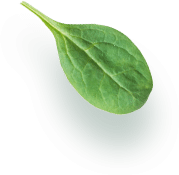

Description
Dried periwinkle refers to the processed and dehydrated form of periwinkle snails, which are small marine mollusks commonly found along the coastal regions of West Africa, particularly in Nigeria and Ghana. These snails are harvested, cleaned, and dried to preserve them for extended use in various culinary applications. Known for their rich, briny flavor, dried periwinkles are a popular ingredient in West African cuisine, adding depth and complexity to soups, stews, and sauces.
Biological Description
- Scientific Name: Littorina littorea
- Common Names: Periwinkle, sea snail
- Family: Littorinidae
Physical Characteristics
- Size: Small, usually ranging from 1 to 2 centimeters in diameter.
- Shape: Spiral-shaped shell, typically with a pointed apex.
- Color: When dried, the shells are usually dark brown or black, while the flesh inside is a dark, shriveled brown.
- Texture: The shells are hard and brittle, while the flesh is chewy and slightly tough.
Nutritional Profile (per 100 grams)
- Calories: Approximately 80-90 kcal
- Protein: About 15-20 grams
- Fat: Very low, around 1 gram
- Carbohydrates: Minimal, around 2 grams
- Vitamins and Minerals: Rich in vitamin B12, iron, magnesium, and selenium. They also contain moderate amounts of calcium, potassium, and vitamin E.
Health Benefits
- High Protein: Excellent source of high-quality protein, essential for muscle repair and growth.
- Low Fat: Very low in fat, making it a heart-healthy option.
- Rich in Micronutrients: Provides essential vitamins and minerals such as vitamin B12, which is crucial for nerve function and the production of red blood cells, and iron, which is vital for oxygen transport in the blood.
- Omega-3 Fatty Acids: Contains small amounts of omega-3 fatty acids, beneficial for heart health.
Culinary Uses
- Soups and Stews: Commonly used in traditional West African soups and stews such as Afang soup, Edikang Ikong, and Okra soup. The dried periwinkles add a rich, umami flavor and a chewy texture.
- Sauces: Incorporated into various sauces to enhance their flavor.
- Rice Dishes: Sometimes added to rice dishes like Jollof rice and Coconut rice to provide additional depth of flavor.
Traditional Recipes
- Afang Soup:
- Ingredients: Dried periwinkle, afang leaves (wild spinach), waterleaf, assorted meats (beef, goat, or chicken), stockfish, crayfish, palm oil, onions, and seasonings.
- Preparation: Rehydrate dried periwinkles in water. Prepare the soup base with palm oil, onions, and seasonings. Add the meats, stockfish, and crayfish, then the rehydrated periwinkles. Finally, add the afang leaves and waterleaf, and simmer until cooked.
- Edikang Ikong:
- Ingredients: Dried periwinkle, pumpkin leaves, waterleaf, assorted meats, stockfish, crayfish, palm oil, onions, and seasonings.
- Preparation: Similar to Afang soup, but using pumpkin leaves and waterleaf.
Preparation and Rehydration
- Cleaning: Before drying, periwinkles are thoroughly cleaned to remove any sand and debris.
- Drying: The cleaned periwinkles are sun-dried or dehydrated until all moisture is removed, which helps in preserving them for longer periods.
- Rehydration: Before cooking, dried periwinkles should be soaked in water for several hours or overnight to rehydrate them. This process helps to soften the flesh and make it more palatable.
Storage
- Conditions: Store in an airtight container in a cool, dry place to prevent moisture absorption and contamination.
- Shelf Life: When stored properly, dried periwinkles can last for several months to a year.
Cultural and Historical Significance
- Culinary Tradition: An integral part of West African culinary tradition, particularly in coastal regions where seafood is a staple.
- Cultural Celebrations: Often used in special dishes prepared for festivals, weddings, and other significant events.
Safety and Precautions
- Proper Cleaning: Ensure that periwinkles are thoroughly cleaned to remove any residual sand or debris before drying and rehydration.
- Rehydration: Properly rehydrate dried periwinkles before cooking to ensure they are safe to eat and to enhance their texture.
Be the first to review “1 kg Dried Periwinkl” Cancel reply
Related products
-
Sale!
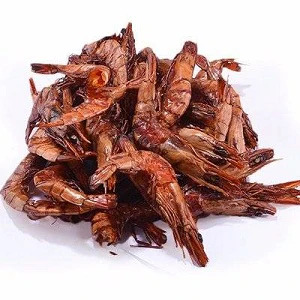
1 paint of Dried Prawn
₦35,000.00Original price was: ₦35,000.00.₦30,000.00Current price is: ₦30,000.00. Add to cart -
Sale!
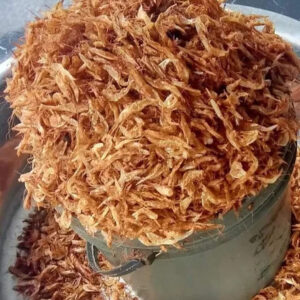
1Paint of Oron crayfish
₦7,000.00Original price was: ₦7,000.00.₦6,500.00Current price is: ₦6,500.00. Add to cart -
Sale!
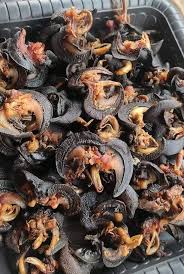
Meduim size Snail 100 pieces
₦160,000.00Original price was: ₦160,000.00.₦100,000.00Current price is: ₦100,000.00. Add to cart -
Sale!
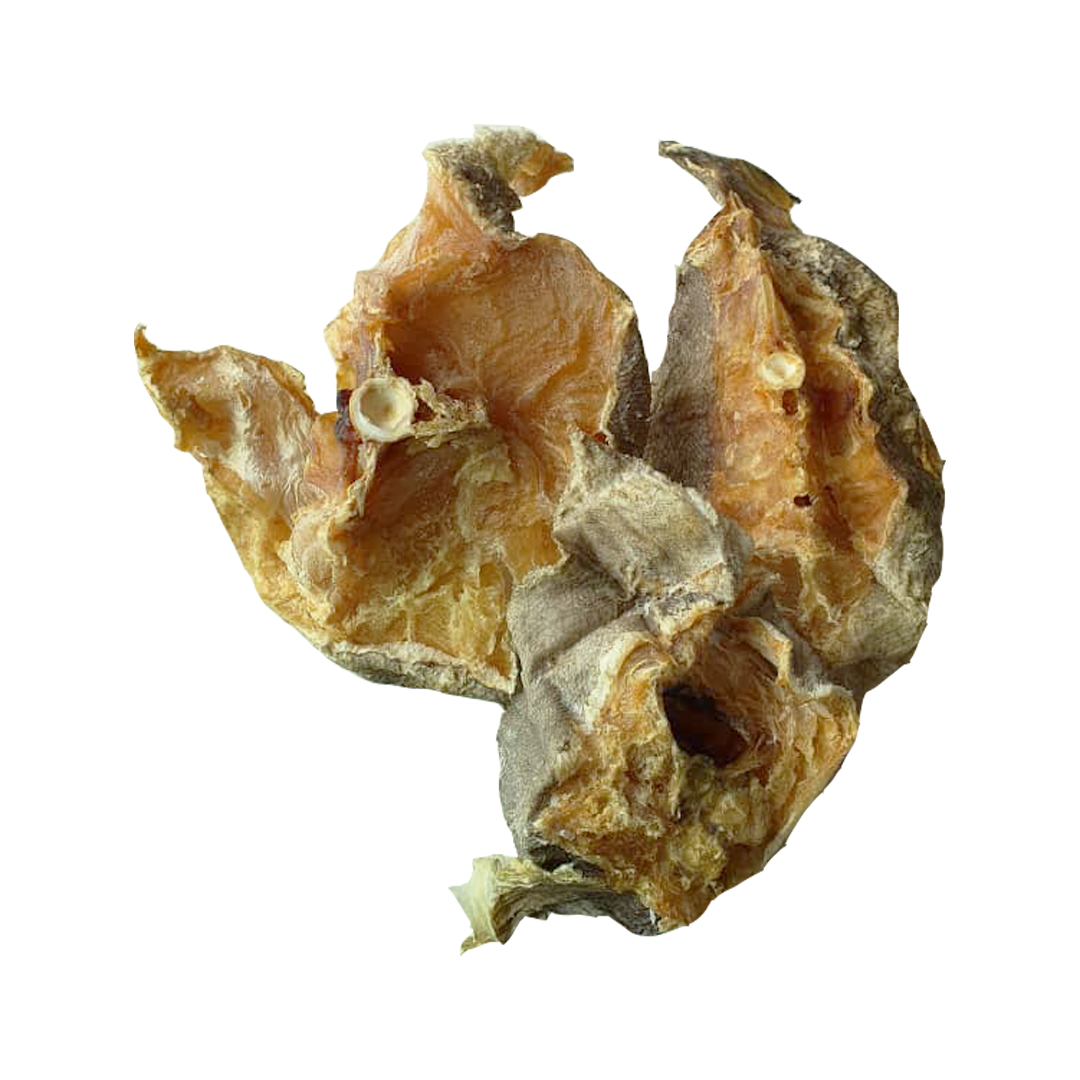
1kg of Stockfish Cutlet
₦31,000.00Original price was: ₦31,000.00.₦30,000.00Current price is: ₦30,000.00. Add to cart

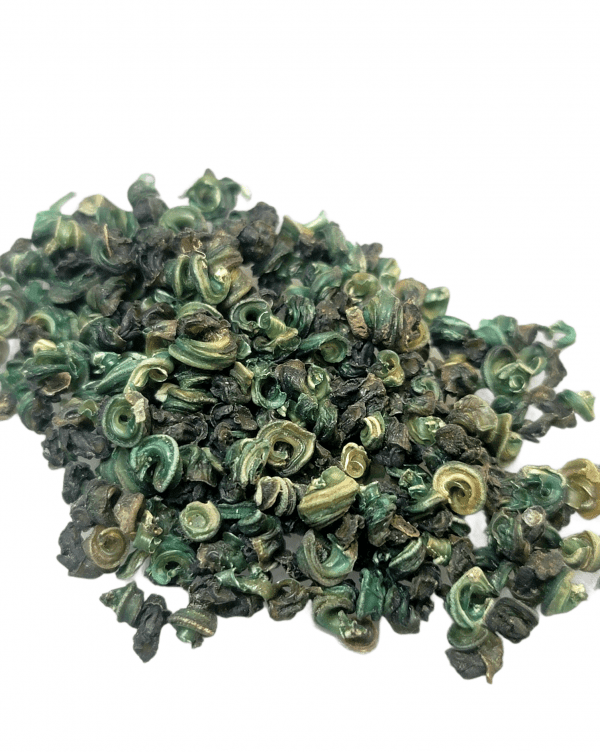
Reviews
There are no reviews yet.